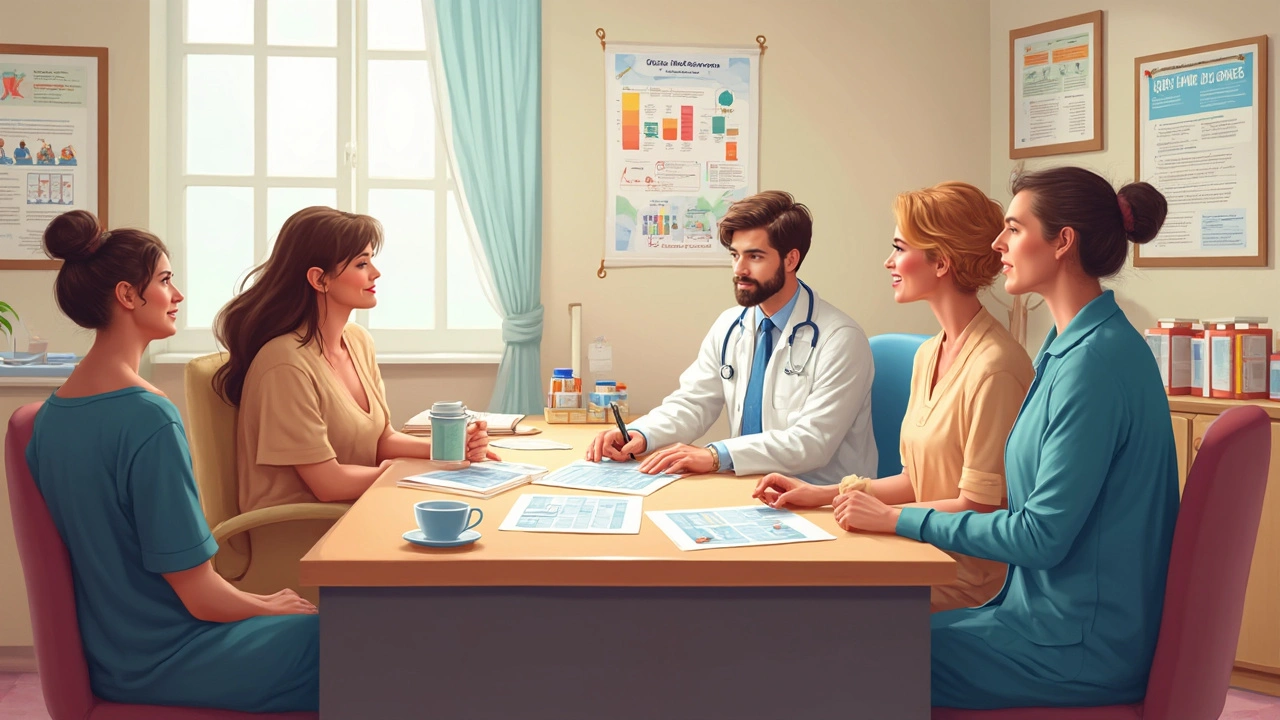Antibiotics: Practical Guide to Use, Resistance, and Safer Choices
Antibiotics saved millions but misuse is making them less effective. You can learn a few simple rules that protect you and keep antibiotics working for everyone.
Antibiotics kill or stop bacteria; they do not work on viruses like colds or most sore throats. Using them when not needed trains bacteria to survive future treatment.
How to use antibiotics safely
Only take antibiotics prescribed by a healthcare professional. If your clinician says you do not need them, ask what else will help.
Follow dose and schedule exactly; missing doses can reduce effectiveness and increase resistance. Recent guidance sometimes supports shorter courses for certain infections but only change duration on advice from your prescriber.
Know broad spectrum versus narrow spectrum. Broad drugs like Augmentin cover many bacteria but also harm helpful flora. Narrow options are better when the bug is known. If you have a penicillin allergy tell your doctor — safe substitutes include azithromycin, doxycycline, or selected cephalosporins depending on history.
Watch for side effects. Nausea, rashes, and yeast infections are common. Severe reactions, high fever, or bloody diarrhea need urgent care. Clostridioides difficile infection can follow antibiotics and cause serious colitis.
Antibiotics also upset the balance that keeps fungi in check. That can raise the chance of yeast infections or, in hospital settings with catheters, fungal bloodstream problems.
Alternatives and prevention
Many common issues improve without antibiotics. Viral bronchitis, most colds, and many sinus problems get better with rest, fluids, pain relief, and time. Ask about testing like rapid strep or urine checks before accepting a prescription.
Vaccines, hand washing, wound care, and avoiding unnecessary devices lower infection risk.
Buying antibiotics online? Use only licensed pharmacies that require a prescription. Sites that sell without a prescription often sell fake or low quality drugs.
Keep a short record of allergies, current medicines, and past reactions. That helps clinicians pick safe, effective drugs fast. If a treatment fails or side effects appear, contact your provider rather than trying random antibiotics at home.
Children and pregnant people need special care: some antibiotics are unsafe. Always tell your clinician if you are pregnant, breastfeeding, or treating a child.
In hospitals, doctors use cultures and sensitivity tests to choose the best drug and narrow therapy once results arrive. Ask about stepping down from IV to oral antibiotics when possible; this shortens hospital stays and lowers complications. Probiotics may help prevent yeast symptoms for some people, but check with your provider first.
Keep expiration dates in mind and store medicines as labeled. Never share antibiotics or use leftovers for a new illness. If you travel, watch local antibiotic resistance patterns and follow local medical advice; some regions need different choices.
Talk to your pharmacist or doctor when unsure. Small actions like asking questions and finishing prescribed plans help stop resistance and save treatments for later.

